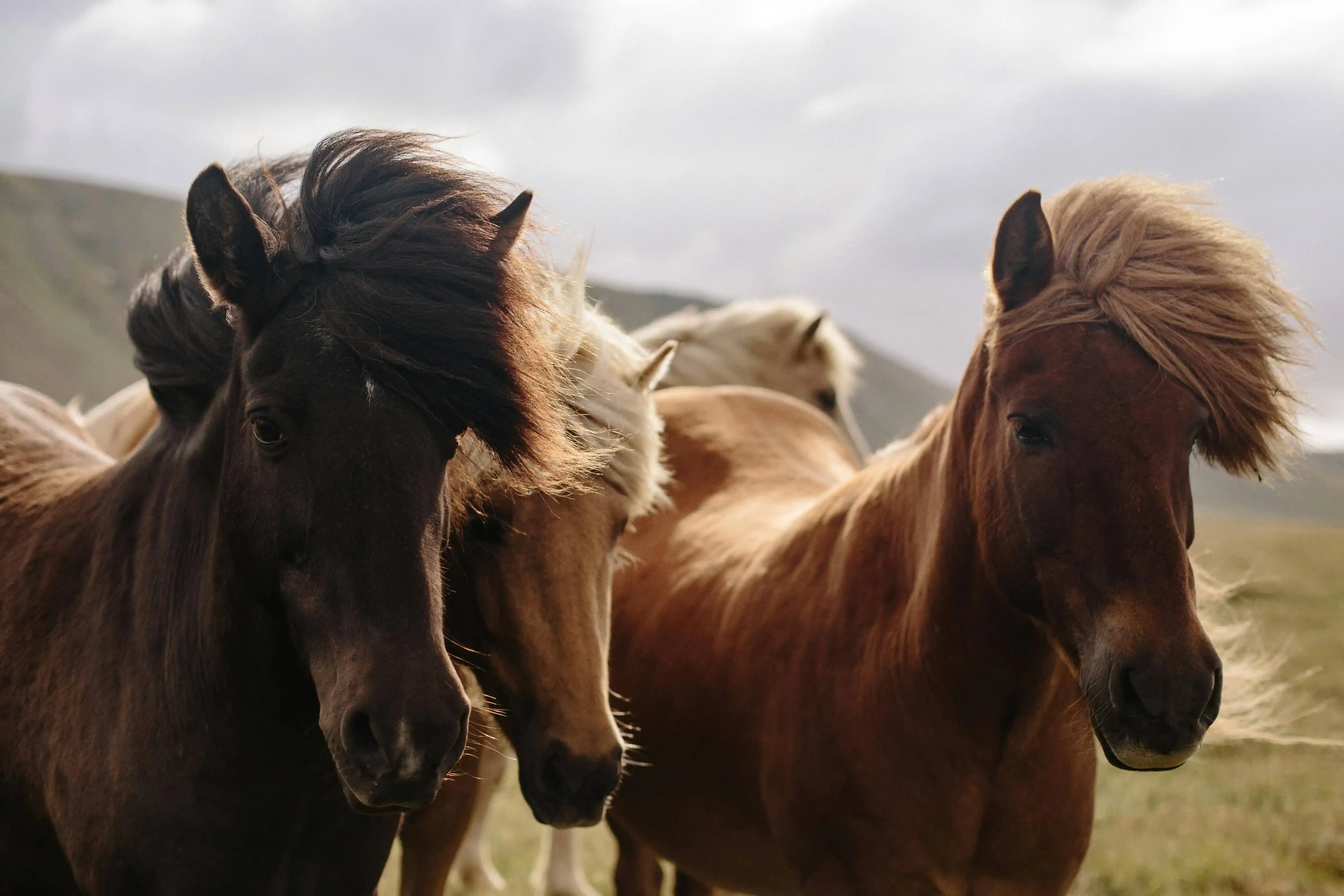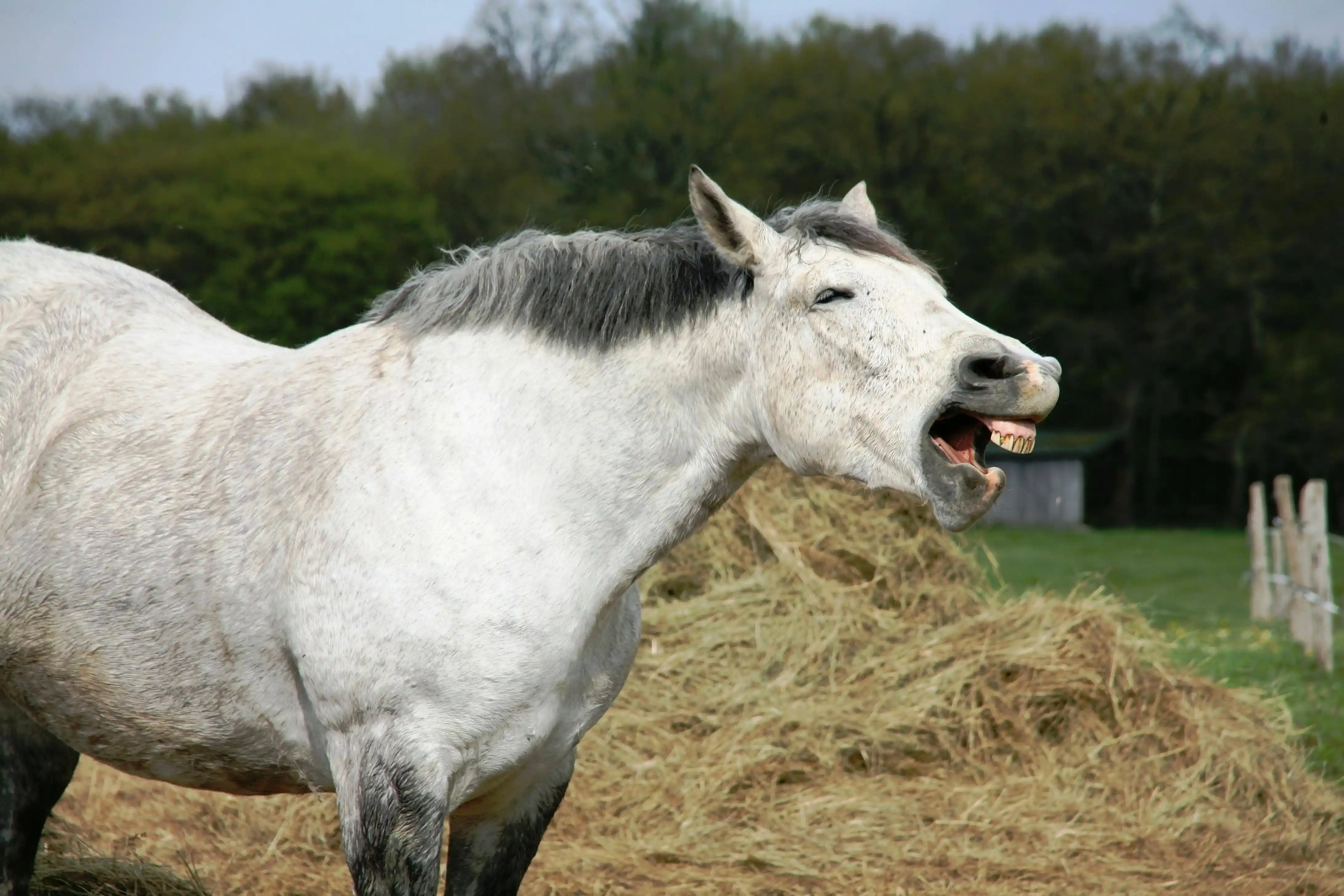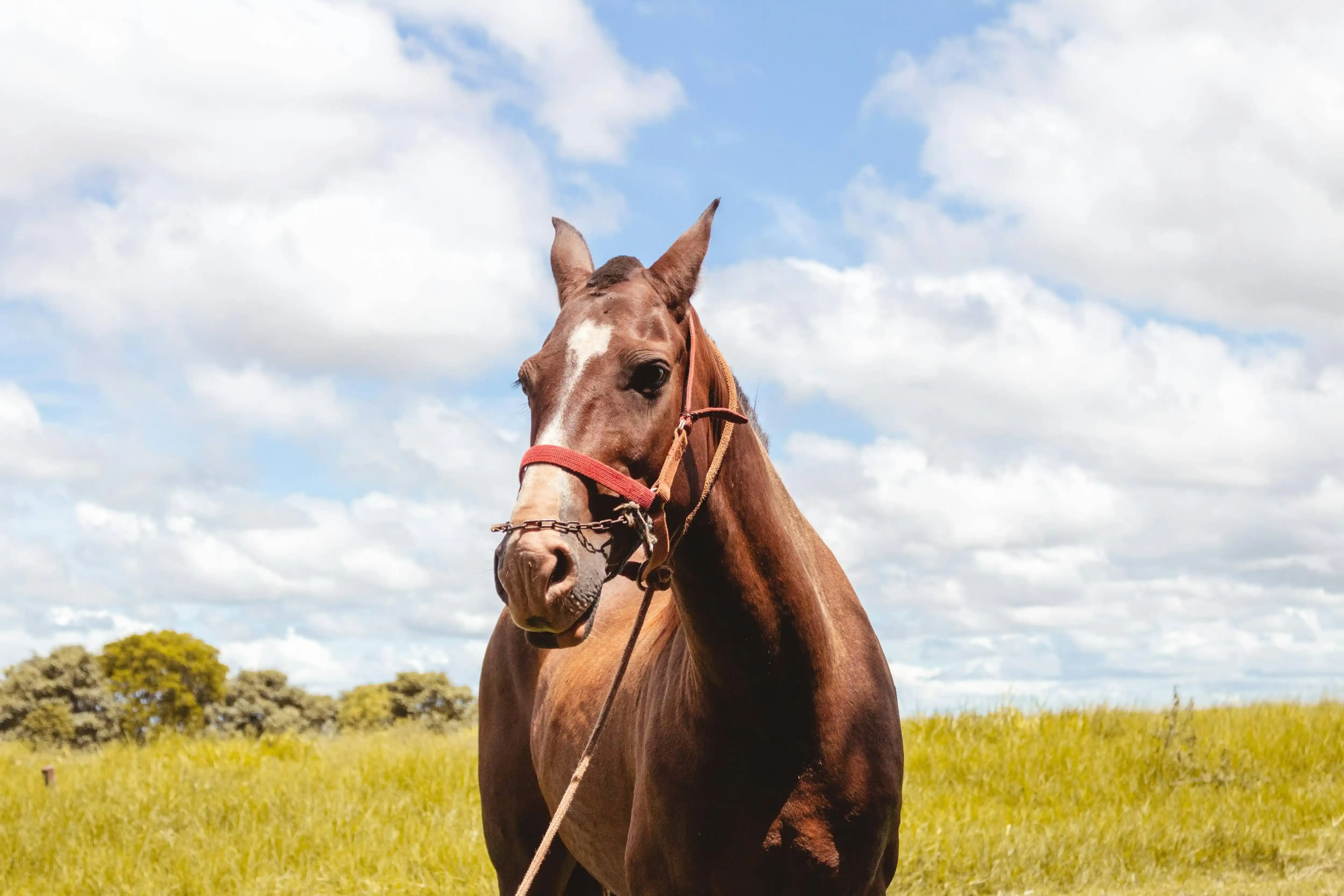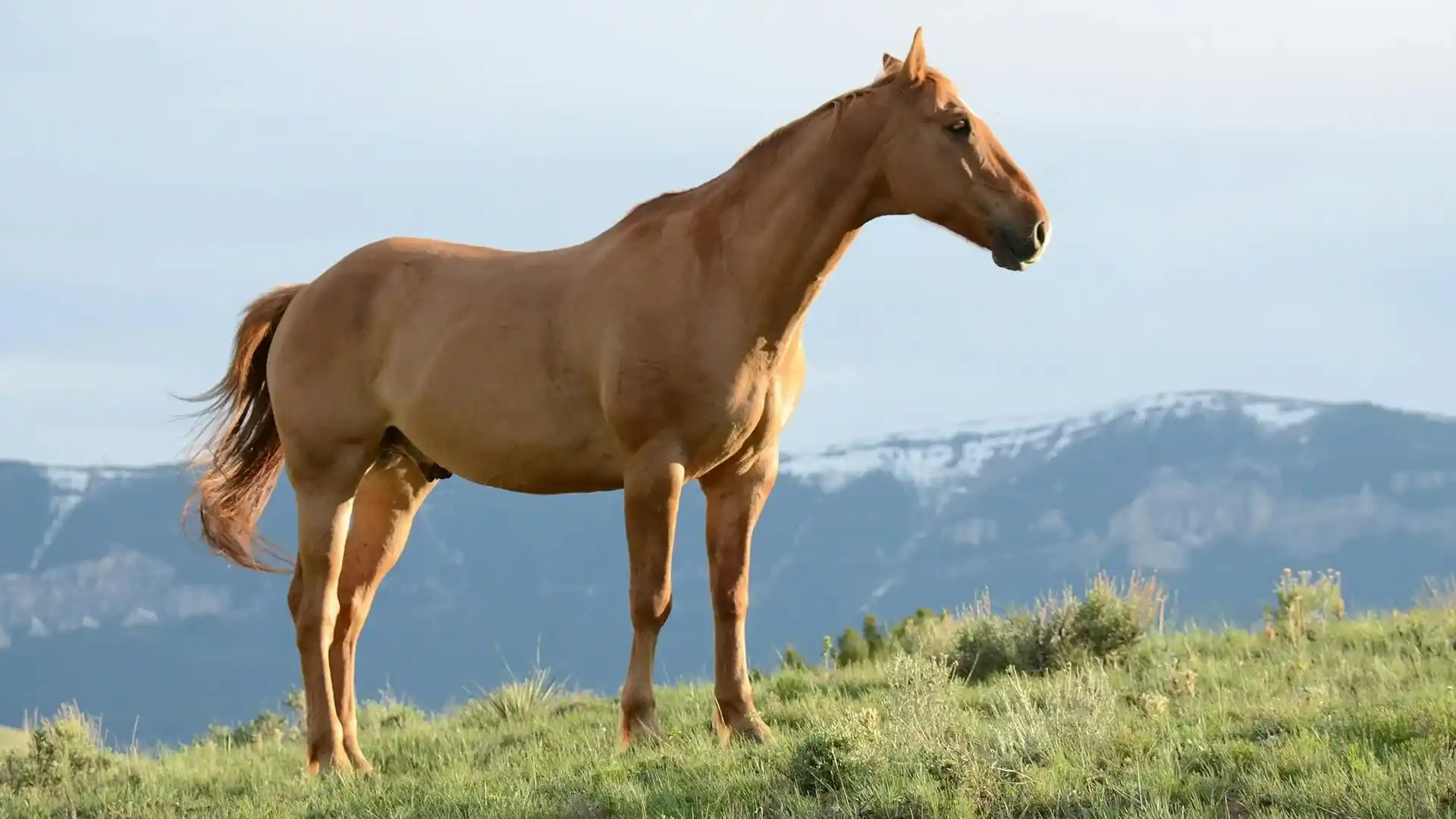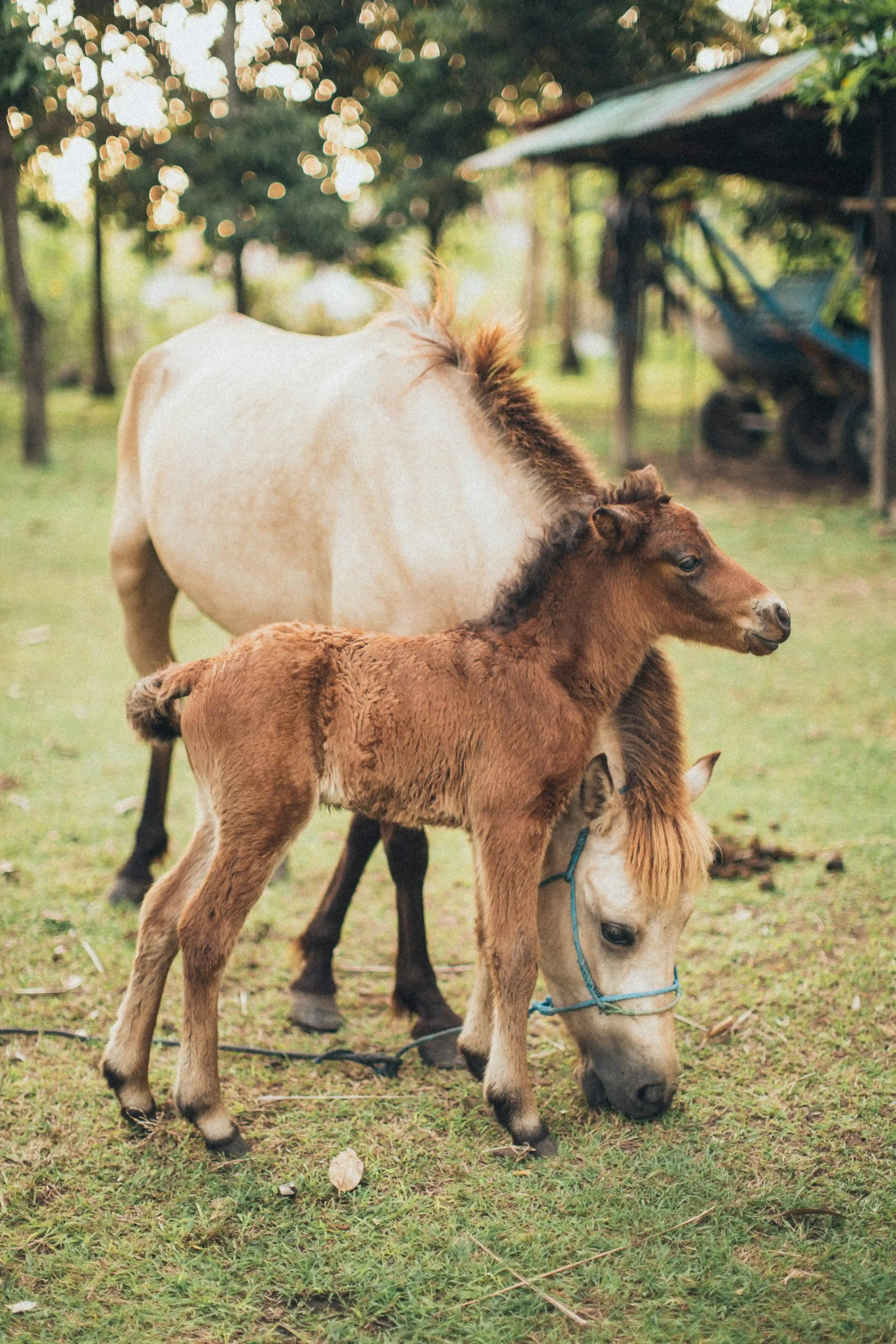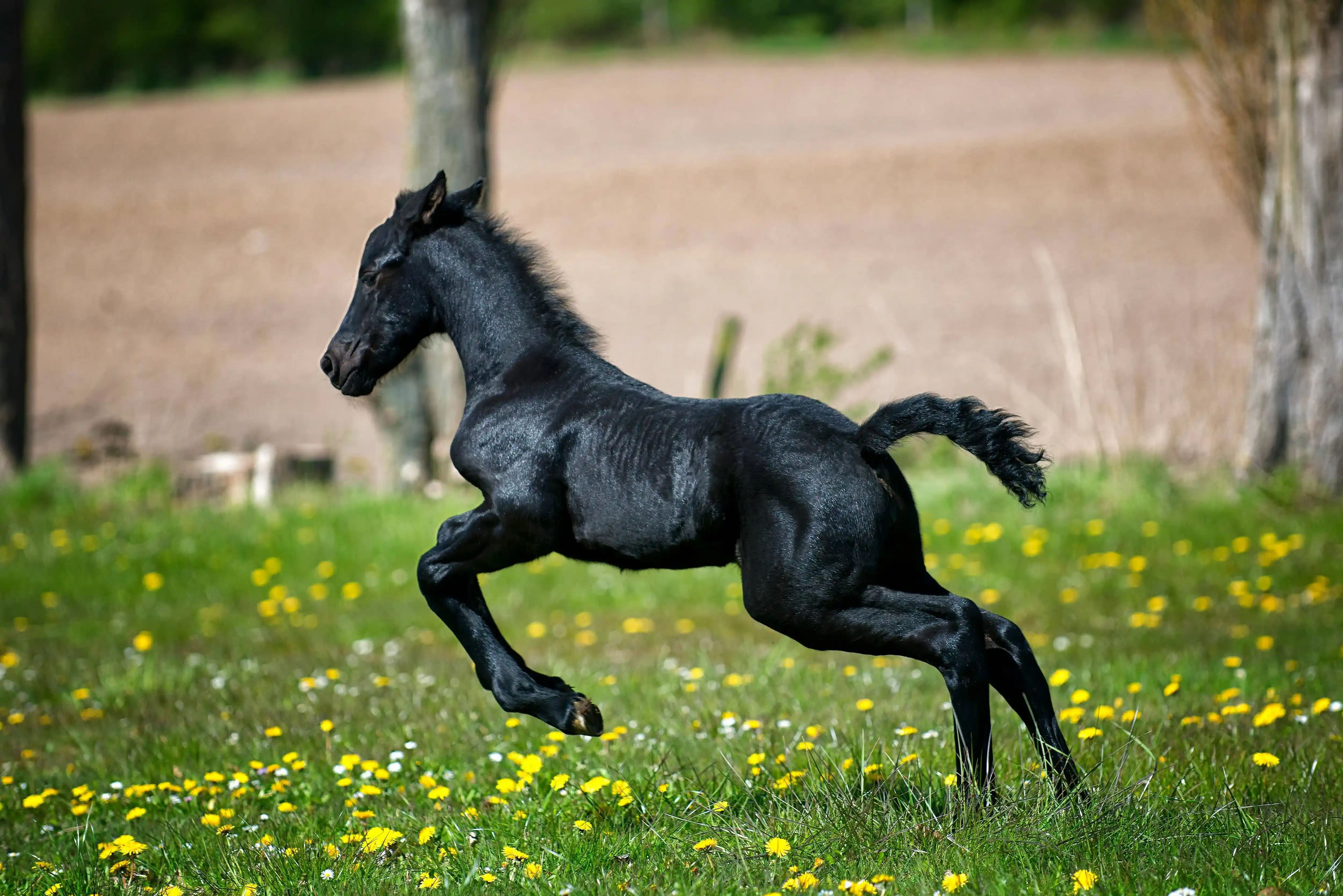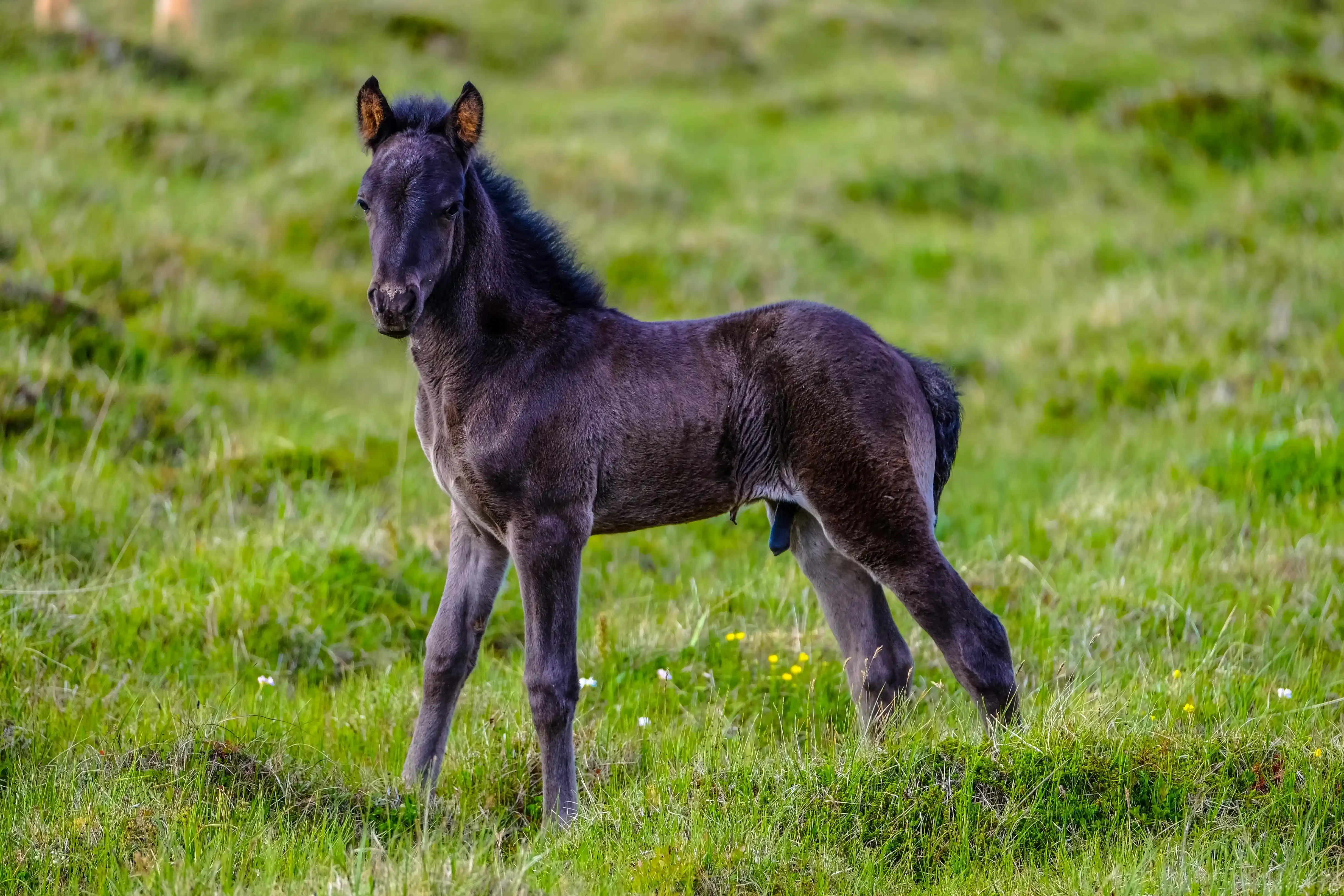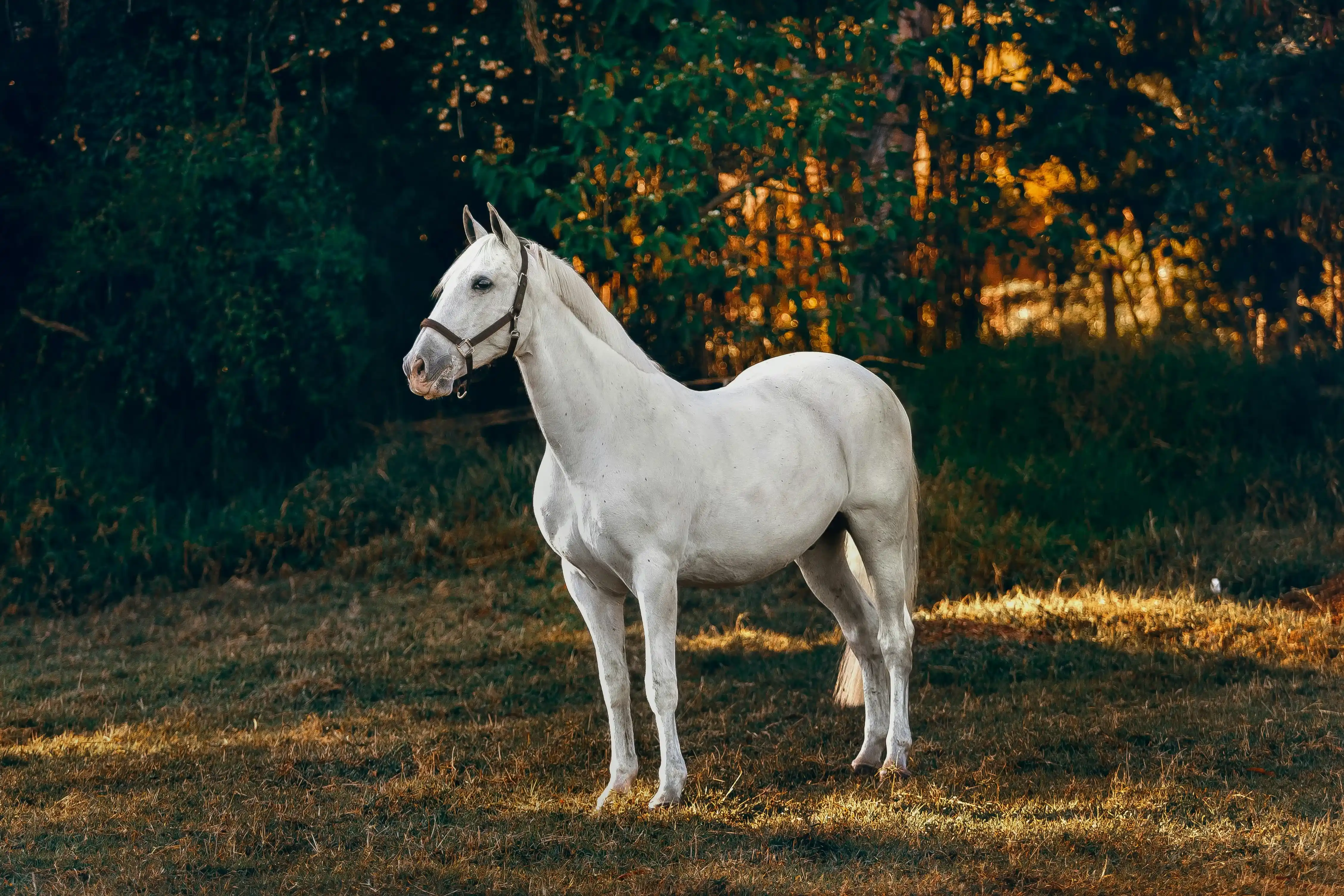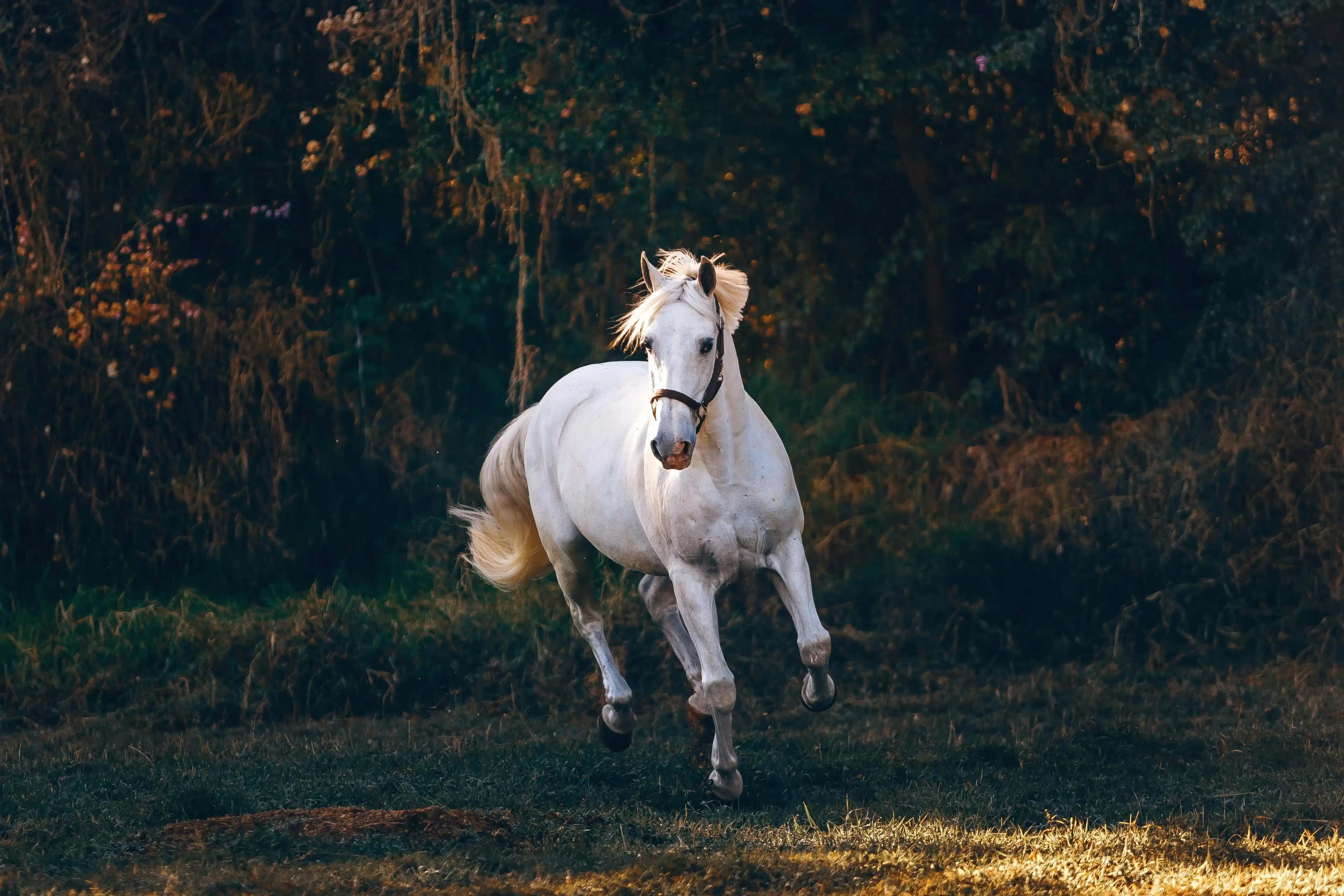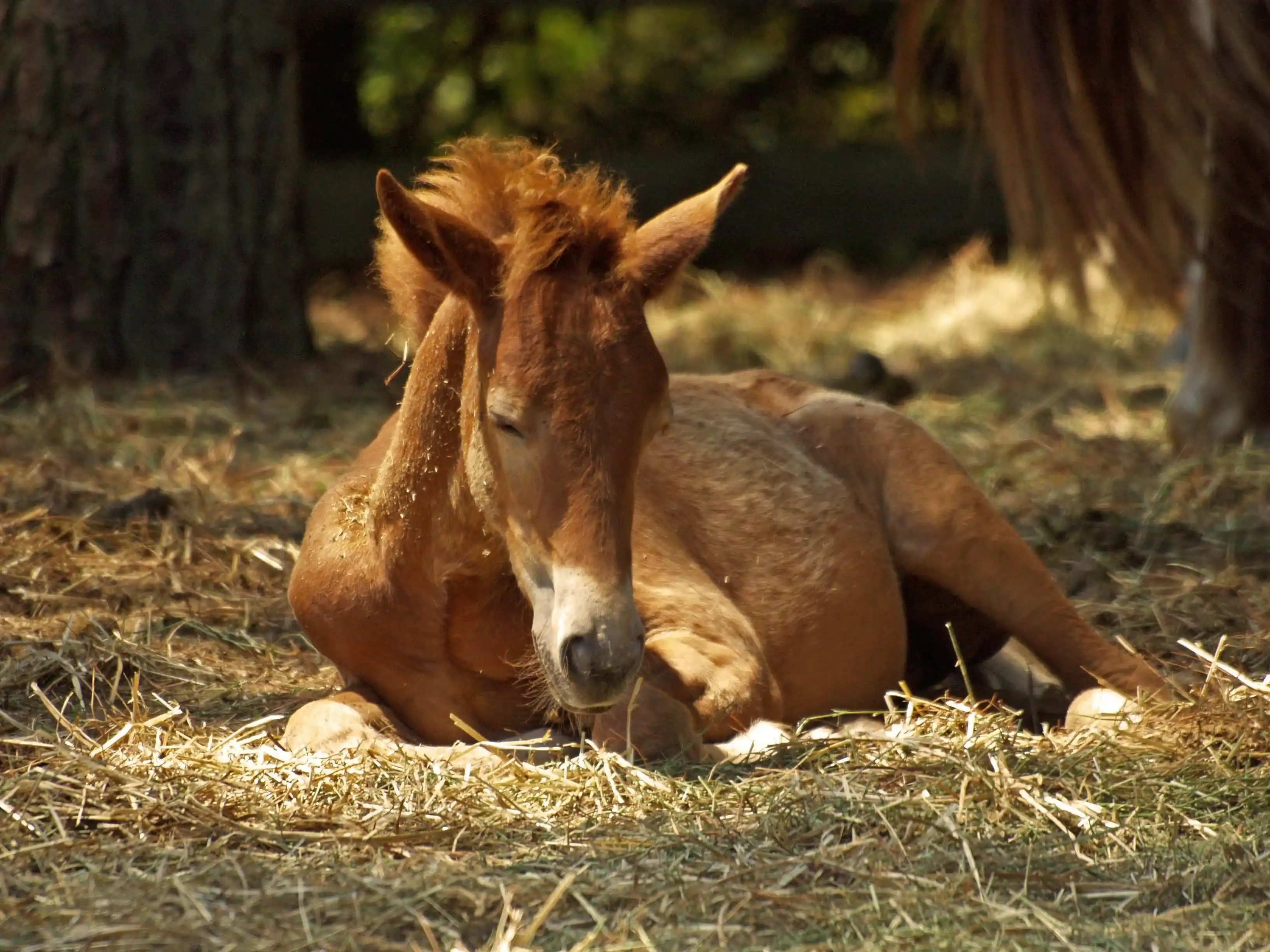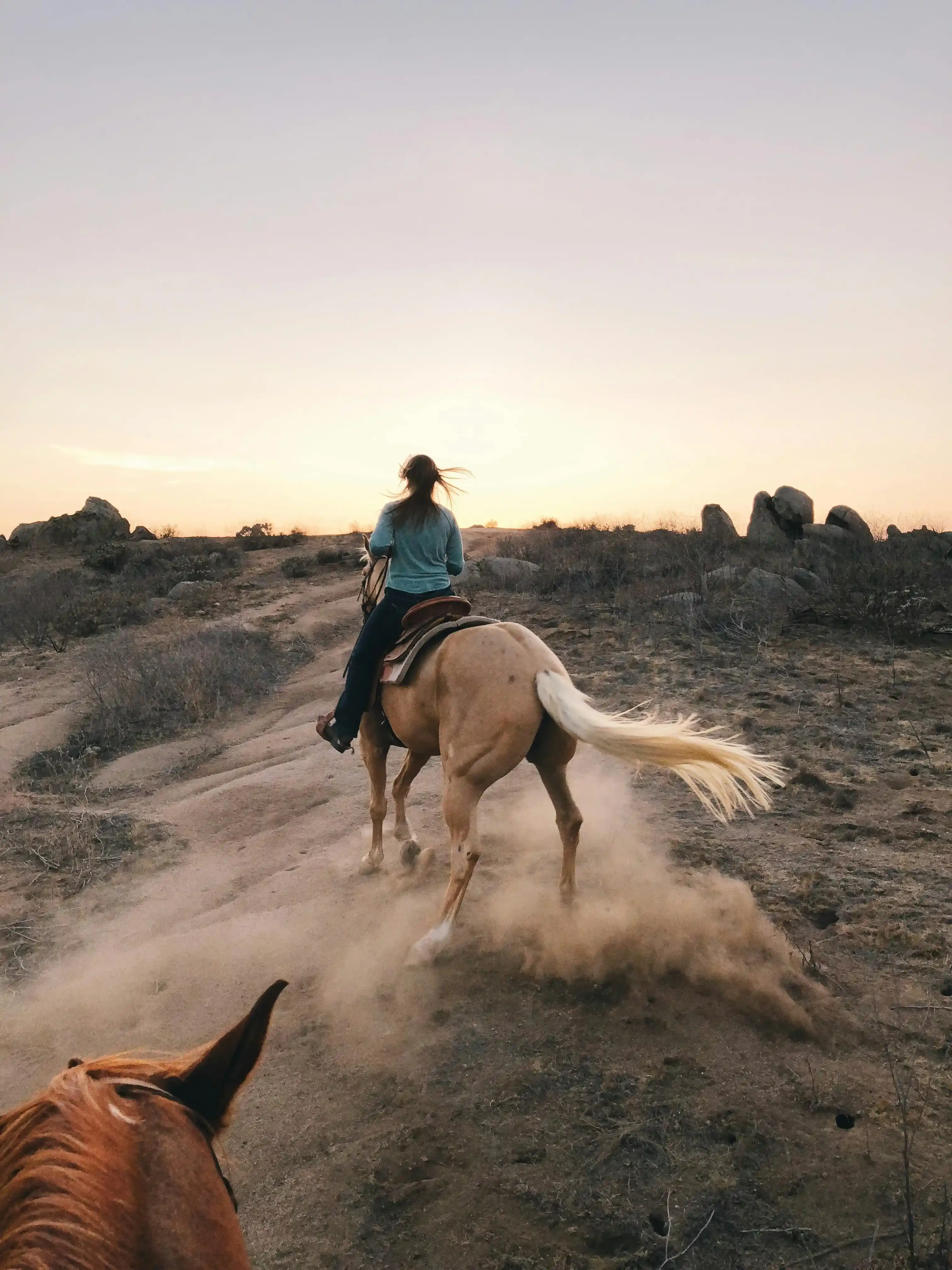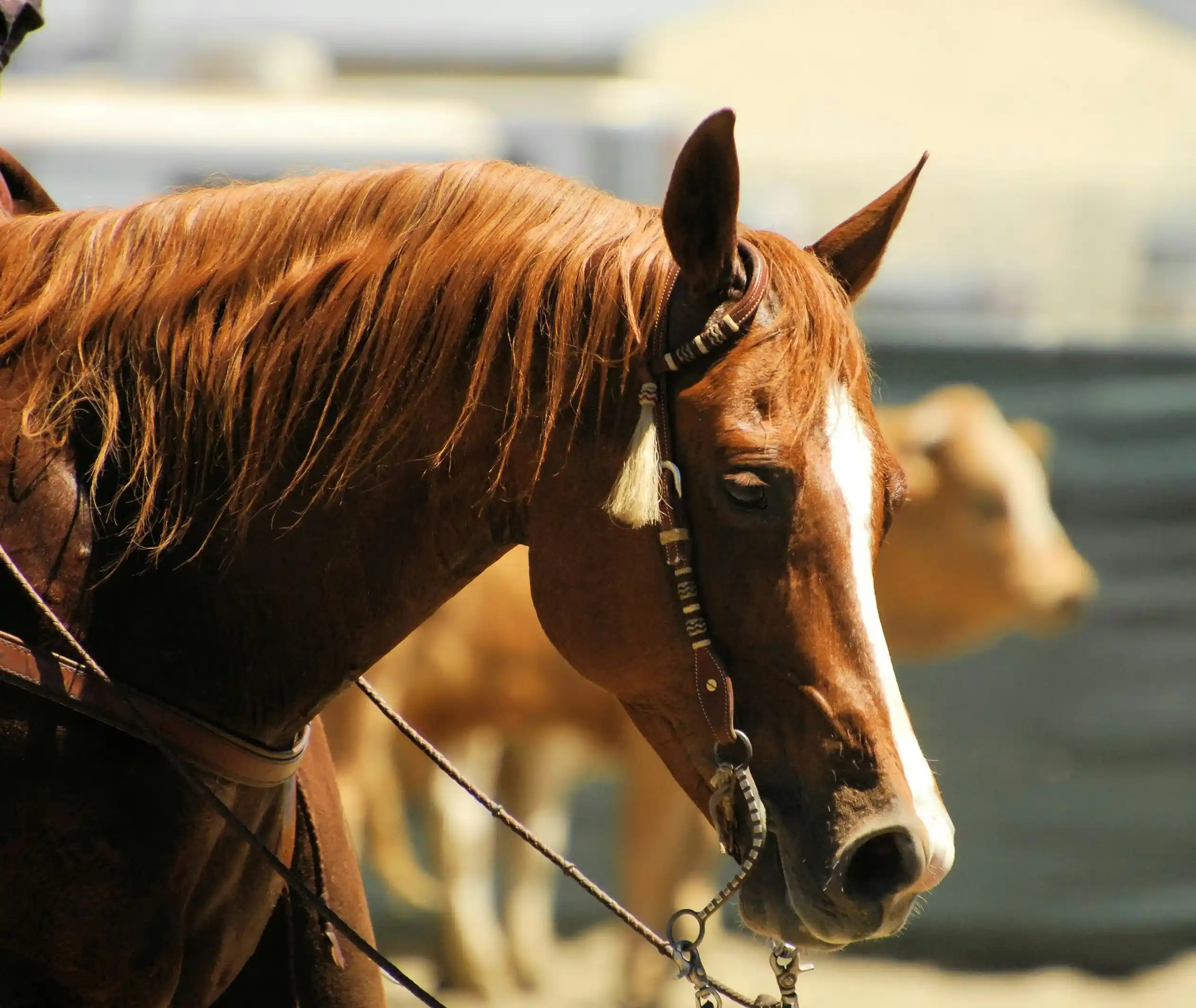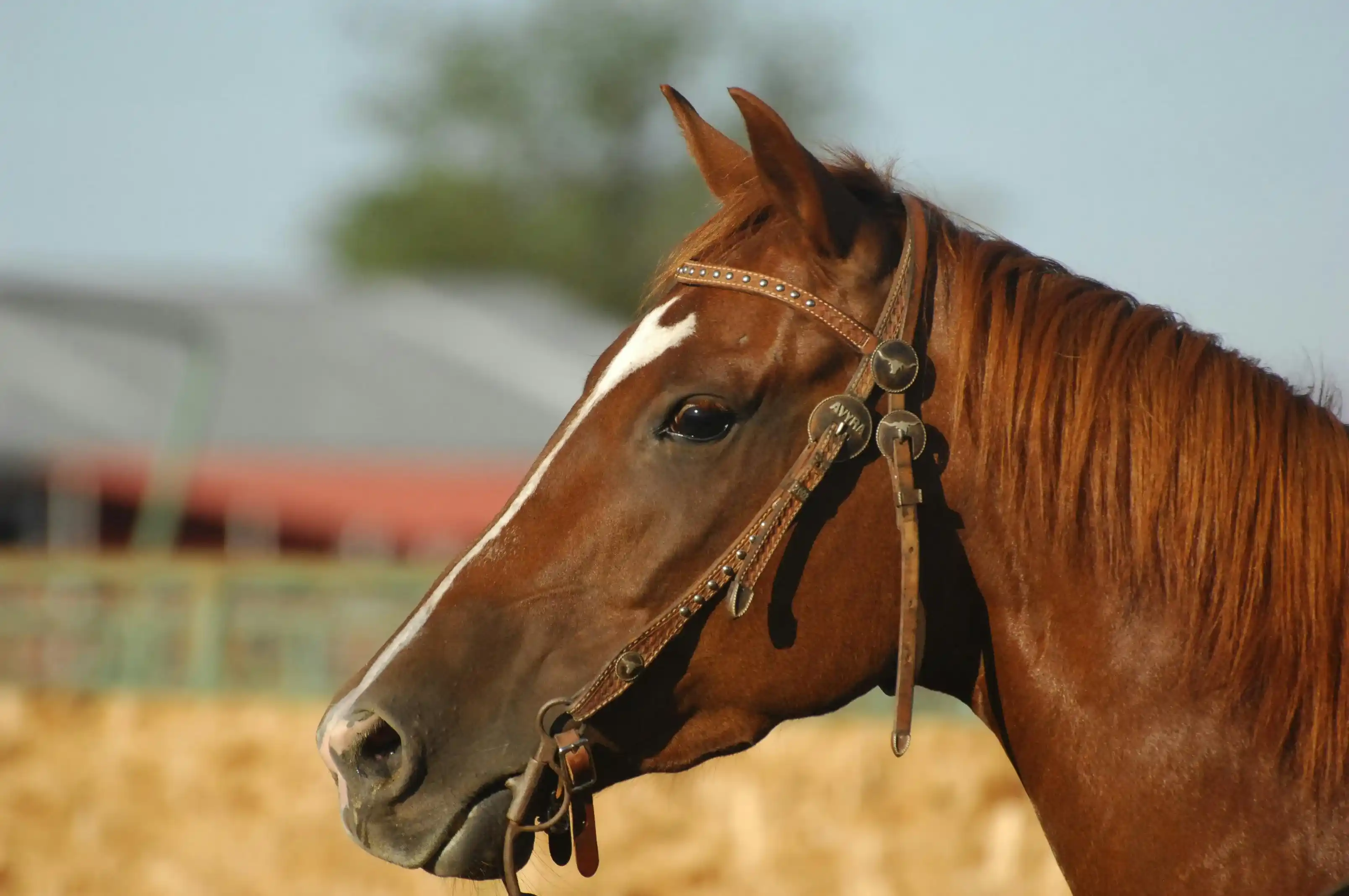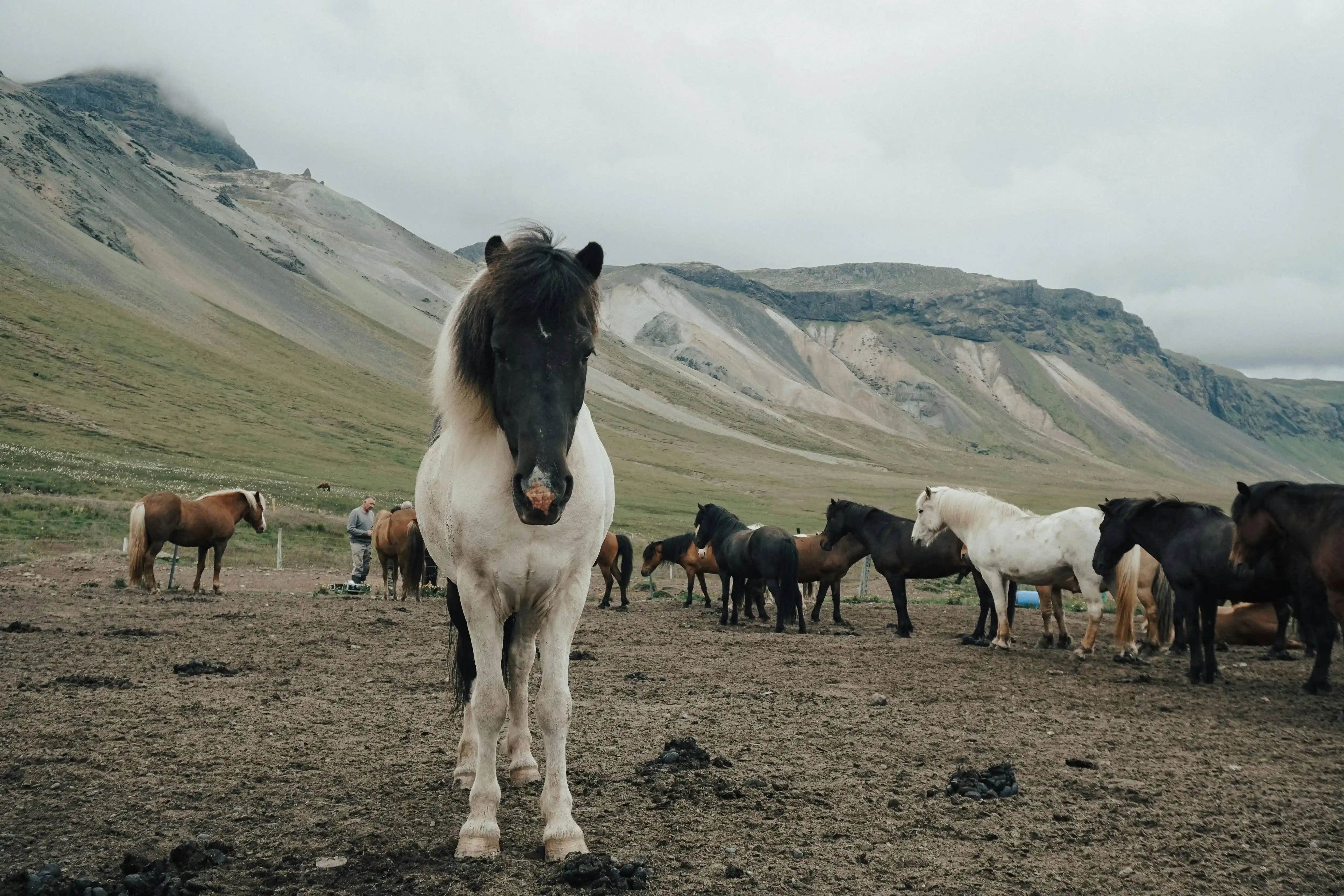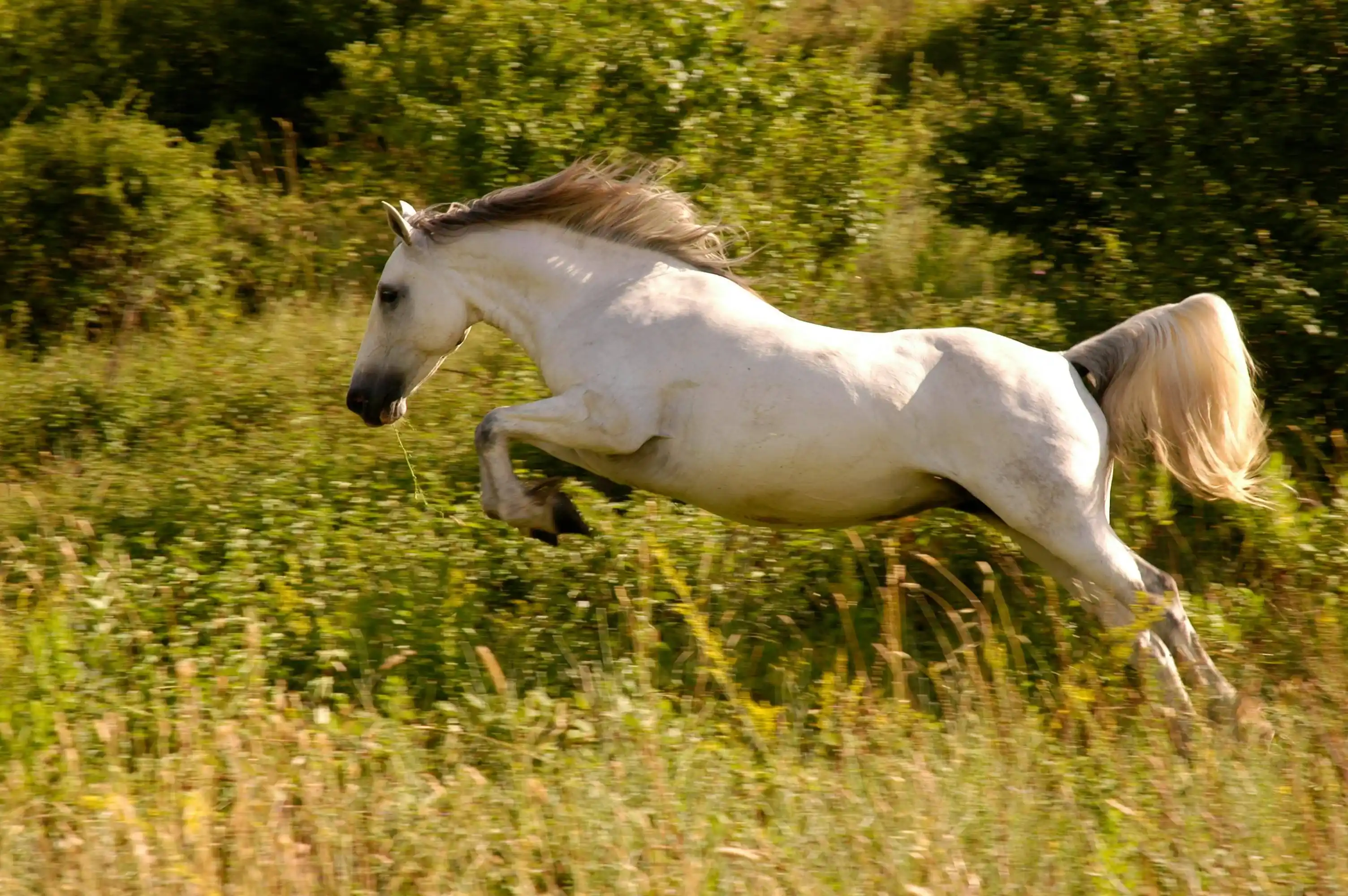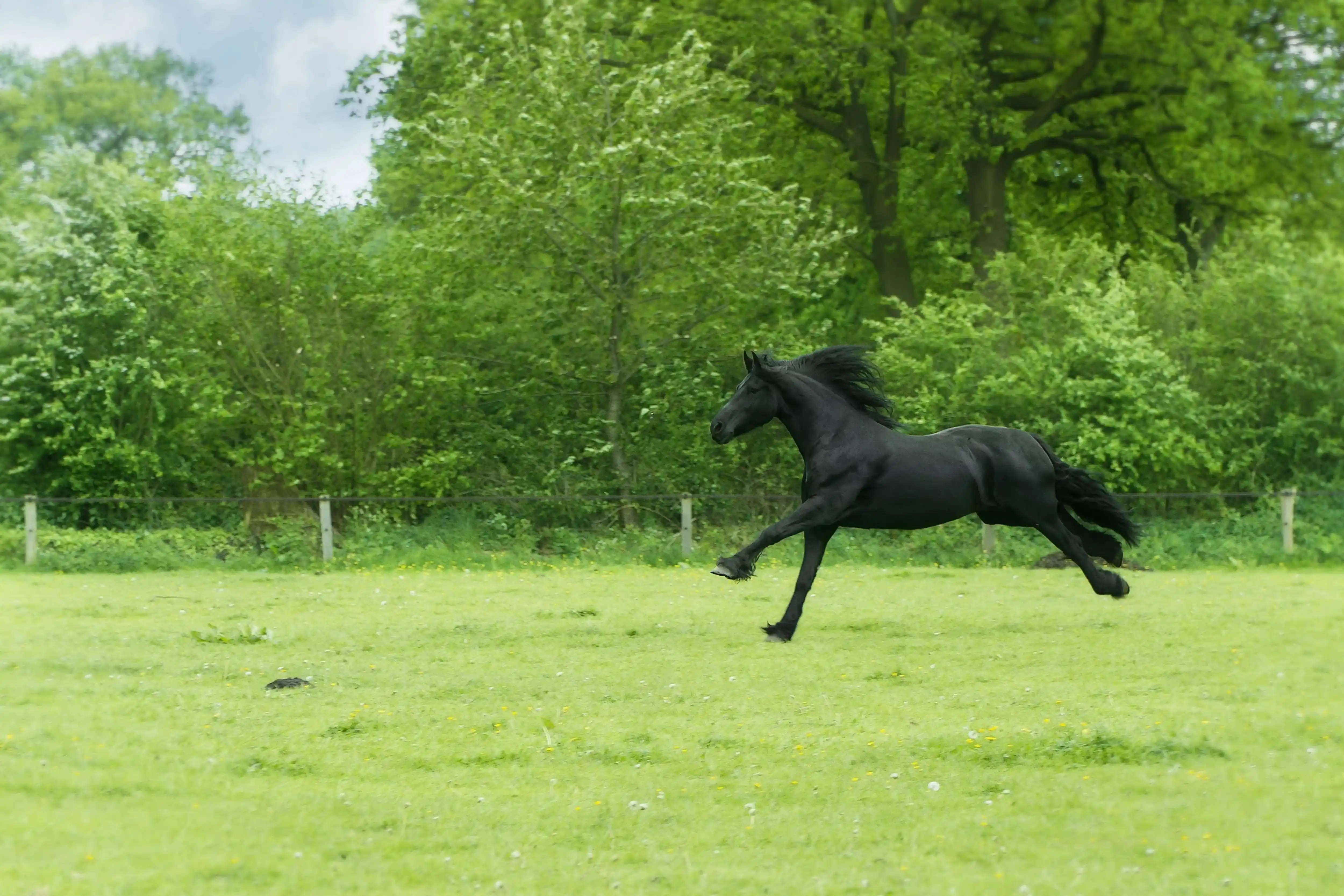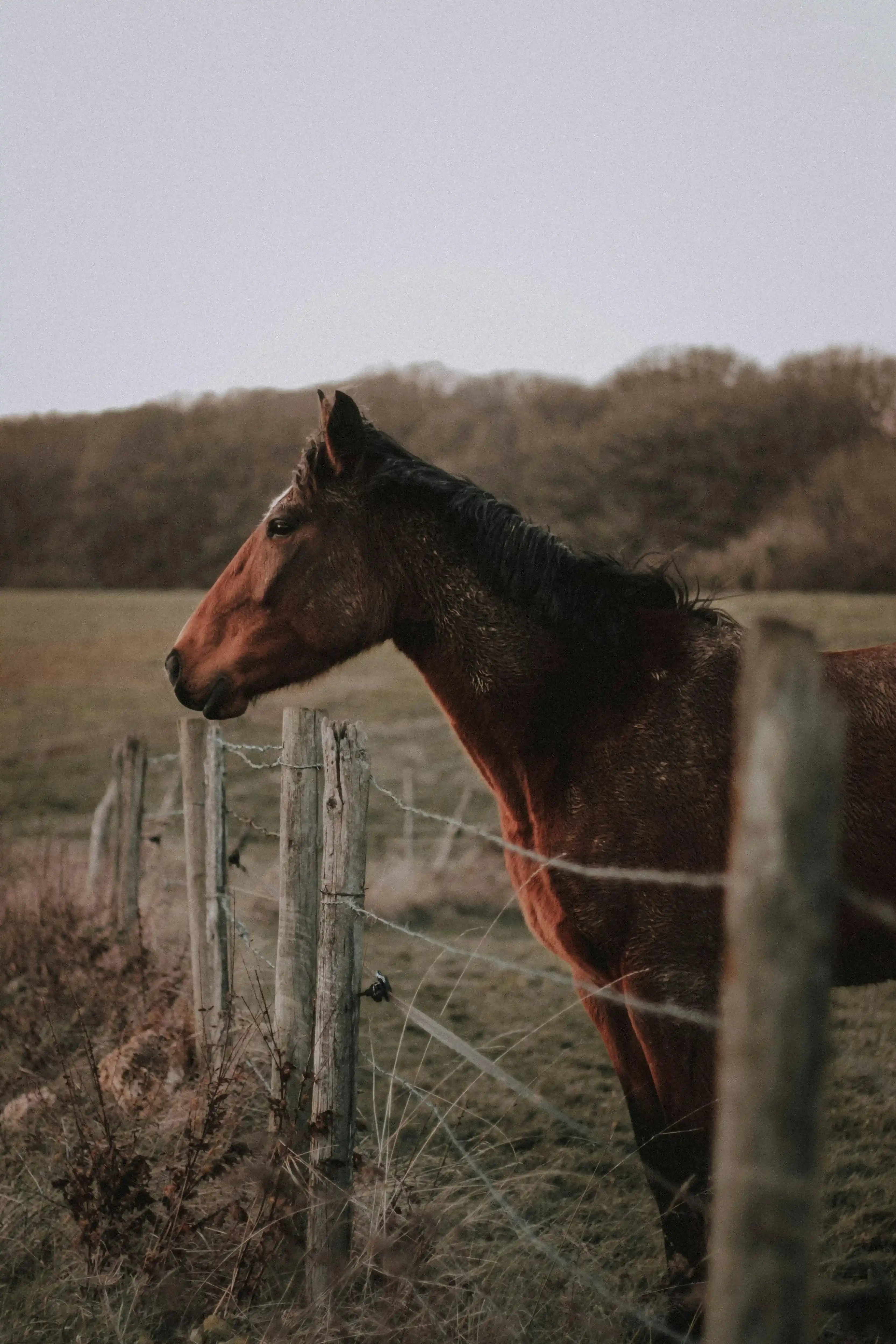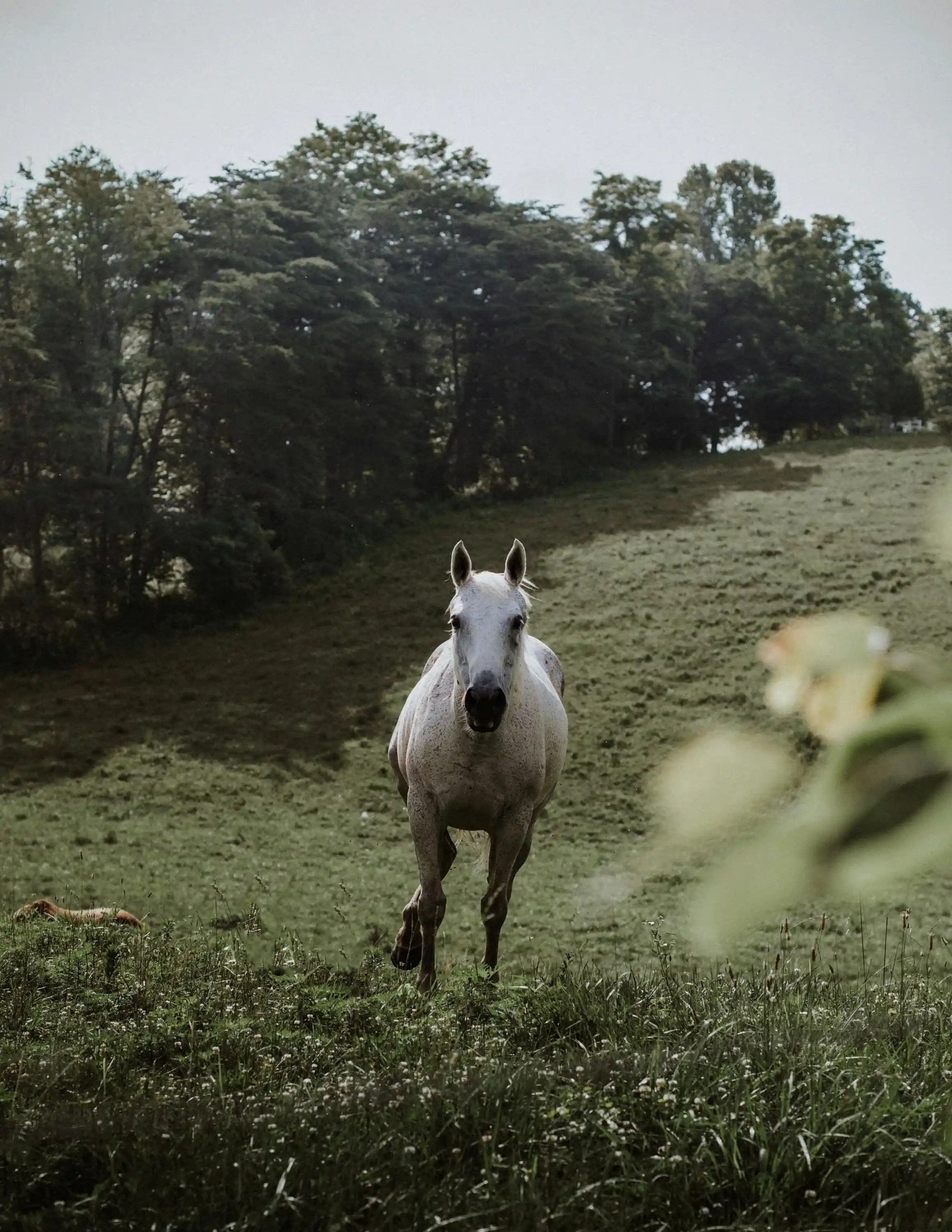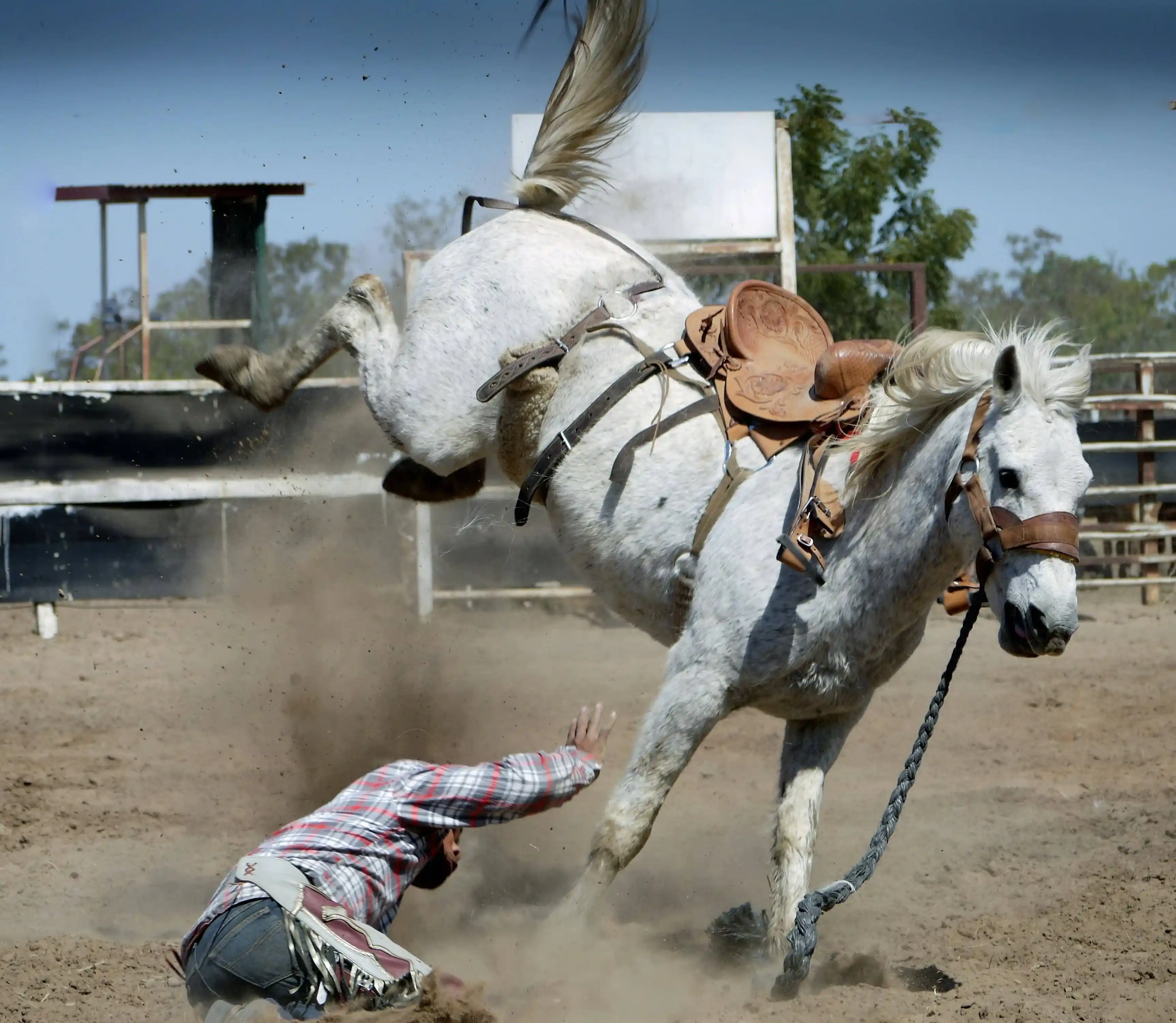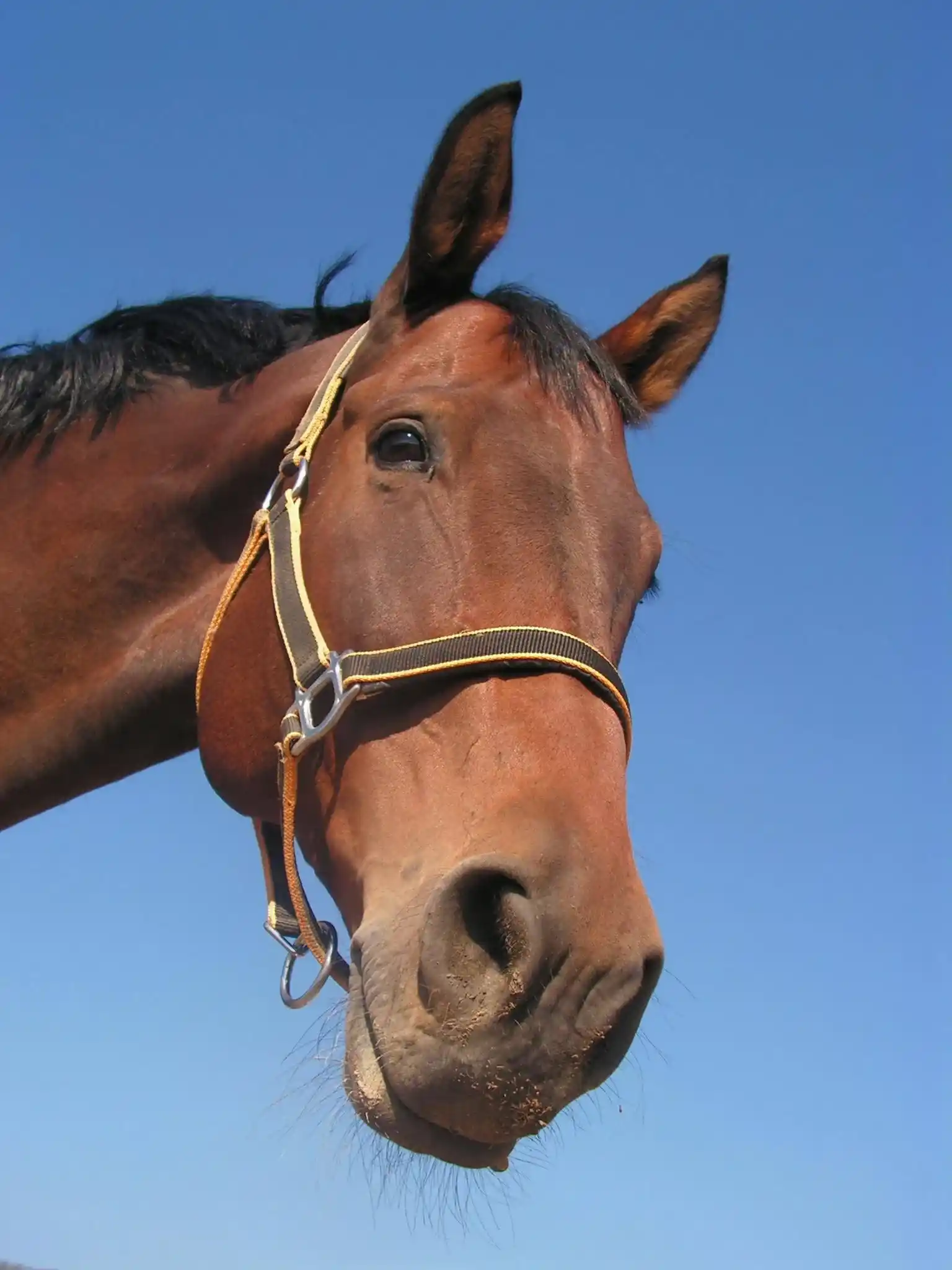Horses are majestic creatures known for their strength and grace. But just like us humans, they require proper dental care to maintain overall health and well-being. Often overlooked, equine dental health is crucial for proper digestion, nutrient absorption, and overall comfort. This comprehensive guide explores the importance of horse dental care, common dental problems, and the best toothpaste options to keep your horse's smile healthy and happy.
Understanding the Equine Dentition:
A horse's mouth is a marvel of engineering, perfectly adapted for grazing. Horses are hypsodonts, meaning their teeth grow continuously throughout their lives. This continuous eruption compensates for the wear and tear caused by chewing tough grasses and roughage.
Here's a breakdown of the key components of a horse's dentition:
- Incisors: The four front teeth in both the upper and lower jaw used for nipping grass.
- Canines: Horses typically lack canine teeth, or they may have small rudimentary ones.
- Diastema: A space between the incisors and premolars.
- Premolars: Also known as "baby teeth," these eventually get replaced by adult molars.
- Molars: The grinding teeth located at the back of the mouth, responsible for chewing and breaking down food.
The Importance of Horse Dental Care:
Just like our own teeth, a horse's teeth are susceptible to various problems if proper care is neglected. Here's why dental care is essential for your horse's health:
- Proper Digestion: Healthy teeth allow horses to chew their food effectively, breaking down tough fibers and maximizing nutrient absorption. Poor dental health can lead to digestive issues like colic, weight loss, and impaction.
- Comfort and Performance: Dental problems can cause pain and discomfort, affecting a horse's willingness to eat and impacting their performance.
- Early Detection of Problems: Regular dental checkups by a qualified equine veterinarian allow for early detection and treatment of dental problems, preventing them from becoming more serious and costly.
Common Horse Dental Problems:
Several dental issues can affect horses, and it's important to be aware of the signs and symptoms:
- Sharp Points: As teeth erupt unevenly, sharp points or edges can develop on the chewing surfaces. These points can irritate the cheeks and tongue, causing discomfort and making it difficult for the horse to chew properly.
- Hooks: These are abnormal enamel projections that develop on the edges of the teeth and can cause uneven wear and discomfort.
- Wave Mouth: This is a condition where the premolar and molar teeth develop a wavy pattern, making it difficult for the horse to grind their food effectively.
- Dental Abscesses: These painful infections can occur due to tooth decay or trauma and require immediate veterinary attention.
- Periodontal Disease: Similar to gum disease in humans, periodontal disease can cause inflammation, infection, and even tooth loss if left untreated.
Signs of Dental Problems in Horses:
Knowing the signs of dental problems can help you identify potential issues early on. Here are some things to watch for:
- Weight Loss: Difficulty chewing food due to dental problems can lead to weight loss despite a good appetite.
- Drooling: Excessive drooling can be a sign of pain or discomfort in the mouth.
- Head Shying: If a horse shies away from having their bit put in or resists head restraint, it could indicate dental pain.
- Quidding: This is when a horse drops partially chewed food after attempting to chew it.
- Bad Breath: While horses can sometimes have a mild odor, persistent bad breath can indicate an underlying dental issue.
The Role of Horse Toothpaste:
Horse toothpaste is a specially formulated paste used to clean a horse's teeth and freshen their breath. It's important to note that horse toothpaste is not a substitute for professional dental care by a veterinarian. However, regular use of toothpaste can help maintain oral health between dental checkups. Here are some key points to remember about horse toothpaste:
- Ingredients: Look for horse toothpaste made with gentle, non-foaming ingredients that are safe for horses to swallow. Xylitol, a common sweetener in human toothpaste, is toxic to horses and should be avoided.
- Application: Horse toothpaste is typically applied to a finger cot or toothbrush designed specifically for horses. Lift the horse's lip gently and massage the toothpaste onto the teeth and gums in a circular motion.
- Frequency: The frequency of using horse toothpaste will depend on your horse's individual needs and your veterinarian's recommendations. Generally, a few times a week can be beneficial.
Best Toothpaste Options for Horses:
With a variety of horse toothpastes available, choosing the right one for your horse can be overwhelming. Here's a breakdown of some popular options and considerations to help you make an informed decision:
- Gel vs. Paste: Both gel and paste formulas are effective. Gels may be easier to apply, while pastes may offer a more abrasive cleaning action.
- Flavor: Many horse toothpastes come in flavors like apple, mint, or cherry to entice horses and make the experience more pleasant. Choose a flavor your horse seems to enjoy.
- Medicated vs. Non-Medicated: Non-medicated toothpaste is suitable for routine cleaning. Medicated toothpaste may contain ingredients like chlorhexidine, which can help control bacteria but should be used under veterinary guidance.
- Natural Options: For horses with sensitive skin or allergies, some toothpaste options are made with natural ingredients like aloe vera or chamomile.
Here are some popular horse toothpaste brands to consider:
- Equine Dental Care Products: This brand offers a variety of toothpaste options, including gel and paste formulas, with flavors like apple and mint.
- HySorb Equine Dental Care: This line features a chlorhexidine-based medicated toothpaste for additional antibacterial action.
- Absorbine Veterinary Liniment: This well-known brand also offers a horse toothpaste option with a pleasant apple flavor.
- Natural Equine Products: For those seeking a natural option, brands like "NaturVet Equine Dental Care" offer toothpaste formulated with aloe vera and other plant-based ingredients.
Remember:
- Consult Your Veterinarian: Before introducing any new dental care products to your horse, consult your veterinarian. They can recommend the best toothpaste option based on your horse's individual needs and health history.
- Professional Dental Care is Essential: While horse toothpaste can be a helpful tool, it cannot replace professional dental care from a qualified equine veterinarian. Regular dental exams and treatments are crucial for maintaining your horse's oral health and overall well-being.
Conclusion:
Taking care of your horse's teeth is just as important as taking care of any other part of their body. By understanding the importance of dental care, recognizing the signs of potential problems, and incorporating a safe and effective horse toothpaste into your routine, you can help ensure your horse maintains a healthy smile for years to come. Remember, a healthy horse is a happy horse, and a happy horse is a joy to behold!


